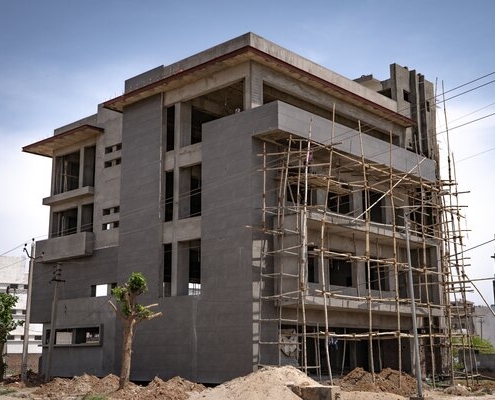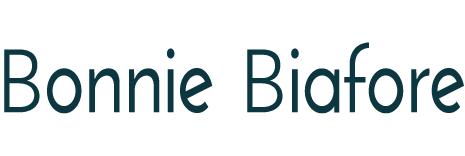PMBoK7 Perspectives: Systems Thinking

Photo by Hopers Studio on Unsplash
The Project Management Body of Knowledge (PMBoK7) talks about recognizing, evaluating, and responding to system interactions, which means project managers must engage in systems thinking to drive positive project performance. Here are a few significant systems thinking perspectives that boost project performance.
Business change is the goal (not just project completion). Smart organizations close projects when they have achieved the desired business outcomes, not when the project deliverables are completed. In a project world, integrating business analysis, project management and organizational change is at the heart of systems thinking. For example, a new business process or product description should lead to a plan for producing deliverables. That plan will describe the business value that is desired. As the deliverables are produced, stakeholders need guidance through organizational change management initiatives to ensure the products and business changes generate that value.
Build on the past. Project deliverables can be more effective when they leverage what’s already in place via other projects. Agile project approaches do this well and quickly. Because deliverables are deployed in short sprints, the agile process consistently builds upon the past by improving features that aren’t as effective as they could be and expanding features that already add business value. However, you don’t need agile to build on the past. Projects in well-organized portfolios often represent steps to a strategic set of changes. Along the way, new requirements and business needs create obstacles or opportunities that must be managed. You can enhance project performance by understanding the objectives for each project in the portfolio and the value they provide to the business. Then, you can determine how to incorporate newly discovered business objectives into a series of projects.
Understand the “dominoes.” Change is a constant in the business world. Business changes, personnel changes and new requirements can create a cascade of items to address. For example, a change in a construction project alters the triple constraints of scope, cost, and schedule. But it can also change contractor agreements, suppliers’ processes, financing, and inspection requirements. Understanding the cascading changes that arise during a project and addressing them proactively is a fundamental way that systems thinking boosts project performance.
Integration is a PEOPLE process. Product integration is challenging, as products don’t always come together as intended. This can lead to project delays and ballooning budgets. An example is the Mars probe that was lost due to a simple integration failure, when one module used imperial measurements and another used metric. The best systems thinking approach to integration is to work on people, ability, and team integration. Your product integrations will go smoothly when you ensure the skills you deploy have positive relationships and show respect for each other and the contribution each can yield. Those relationships increase the effectiveness of communication and the sense of a shared goal. Better products, with fewer instances of integration elements being missed, is the result when teams work together more effectively.
For more about project management, check out my Project Management Foundations course.
Coming Up
Project 2021 and Project Online Desktop Client Essential Training will be published in a few months.
LinkedIn Office Hours April 6, 2022, 1:00PM MT- Embracing an Entrepreneurial Mindset in an AI-Driven World
Yesterday’s future is today’s reality. In order to fully take advantage of that reality, professionals need to think entrepreneurially while leveraging the latest technological advancements such as AI.
In this Office Hours session, Oliver Yarbrough and Bonnie Biafore will discuss how you can grow you career by –
– Harnessing an entrepreneurial mindset
– Leveraging AI to deliver successful projects
– Adjusting your outlook and approach to delivering value
– …and so much more
The world is changing. Ask yourself, “How will I adapt to these changes, so I can advance?”
LinkedIn Office Hours April 13, 2022, 1:00PM MT- Prerequisites for a Project Management Entrepreneur
Have you thought about going out on your own as a project manager, instead of being an employee? Seyi Kukoyi, PMP, and Bonnie Biafore, PMP, provide guidance for that journey in the course Become a Project Management Entrepreneur. But being your own boss isn’t for everyone. In this LinkedIn Office Hours event, Seyi and Bonnie welcome John Riopel and Oliver Yarbrough to a panel discussion about what you need to know before diving into the deep end of the PM entrepreneur pool. We will cover how to tell if you’re cut out for entrepreneurship; the difference between being a contractor and a business owner; skills and tools you need to be a PM Entrepreneur, and steps to take before you quit your job.
